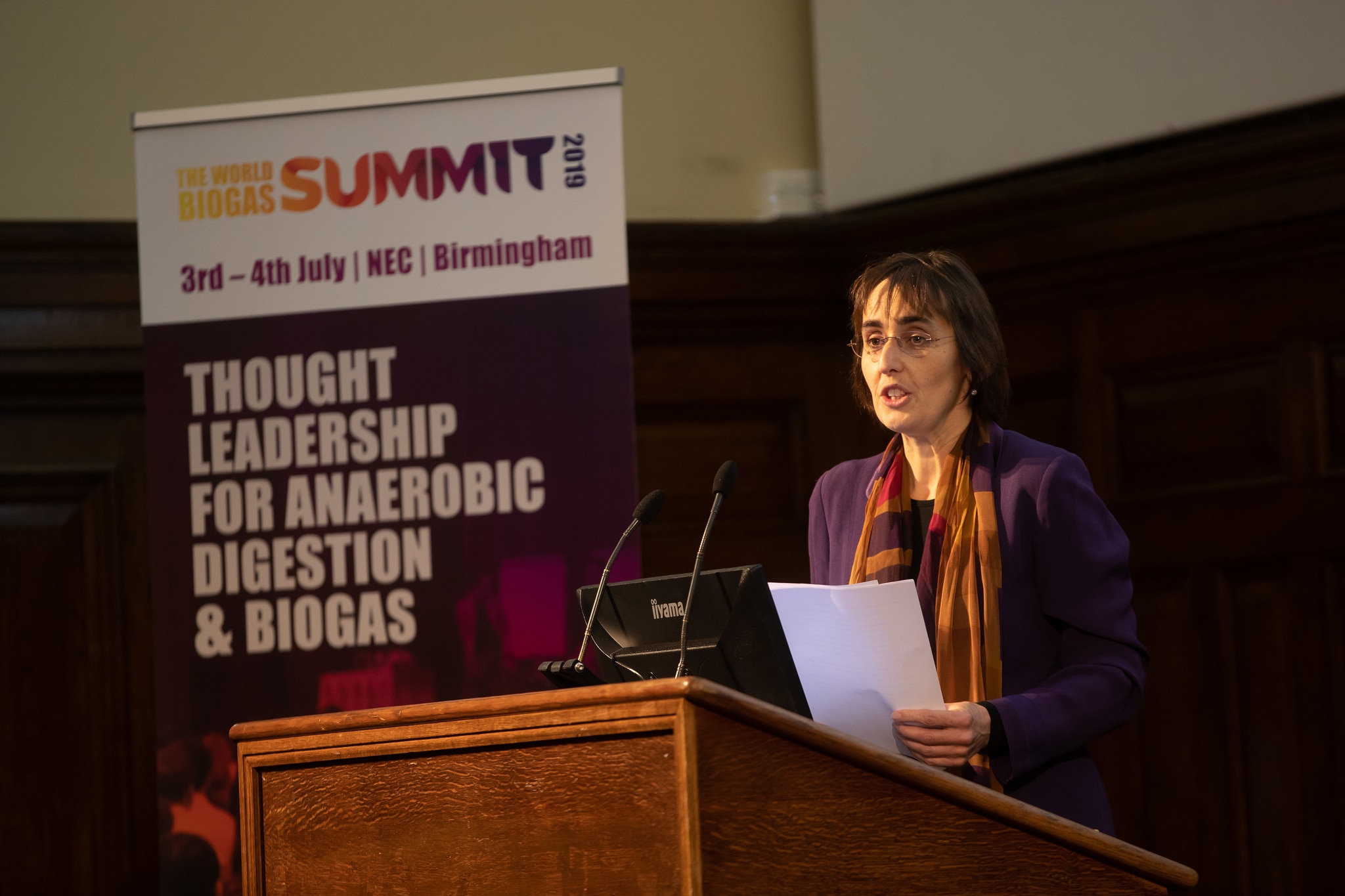After the success of their Anaerobic Digestion Workshop, Carbogenics are thrilled to announce they are…

PRESS RELEASE: Funding for food waste collections needed sooner rather than later
- Food waste recycling industry calls for funding for collections to be fast-tracked
- Separate collections to save local authorities over £1 billion in operational costs by 2050
- Environmental benefit of recycling inedible food waste equal to taking 750,000 cars off the road for a year
The UK’s food waste recycling industry has written to the Treasury and Ministry for Housing, Communities & Local Government (MHCLG) calling for government funding for the rollout of separate food waste collections in England to be fast-tracked.
In letters to Exchequer Secretary Robert Jenrick MP and MHCLG Secretary of State James Brokenshire MP, Charlotte Morton, Chief Executive of the Anaerobic Digestion & Bioresources Association (ADBA), highlighted the need for meaningful funding for cash-strapped local authorities to roll out separate food waste collections and reiterated the importance of government support for anaerobic digestion (AD) to recycle inedible food waste into renewable energy and natural fertiliser.
The government’s Resources & Waste Strategy, published shortly before Christmas, included a commitment to rolling out and funding separate food waste collections for all households and “appropriate businesses” in England, subject to consultation.
Ms Morton said:
We warmly welcomed the government’s commitment to universal separate food waste collections, but we know from conversations with local authorities that they need certainty that they will be supported to implement this policy, given the competing pressures on their budgets.
ADBA is therefore calling on government to make funding available to local authorities for food waste collections as quickly as possible so the economic and environmental benefits of these can be realised as quickly as possible.
We estimate that universal food waste collections for households alone could achieve a carbon saving of up to 1.5 million tonnes of CO2-equivalent per year, the equivalent to taking three quarters of a million cars off the road, while the National Infrastructure Commission has estimated that they would save local authorities up to £400 million in capital costs and £1.1 billion in operational costs between 2020 and 2050.
If the funding support is effective and gets buy-in from local authorities, the evidence from Wales of the impact of universal food waste collections in boosting recycling rates and diverting food from landfill is compelling.
ADBA has already had a number of constructive conversations with government departments on this issue, and we look forward to seeing the government’s detailed strategy for rolling out separate collections as soon as possible.
ENDS
Notes for editors
Photo attached of ADBA Chief Executive Charlotte Morton.
Anaerobic Digestion & Bioresources Association (ADBA) website: www.adbioresources.org
ADBA is the trade association for the anaerobic digestion (AD) industry in the UK and companies and organisations working on novel technologies and processes that compliment the anaerobic digestion process and products. With our members we promote the economic and environmental benefits of AD in the UK.
We represent organisations from many sectors including: AD operators, AD developers, AD equipment providers, water companies, farmers, food & drink retailers, waste companies, universities and more.
Contact details
Chris Noyce, PR & Parliamentary Affairs Executive, ADBA
T: 020 3176 5441 E: chris.noyce@adbioresources.org
Website: www.adbioresources.org
Twitter: @adbioresources




